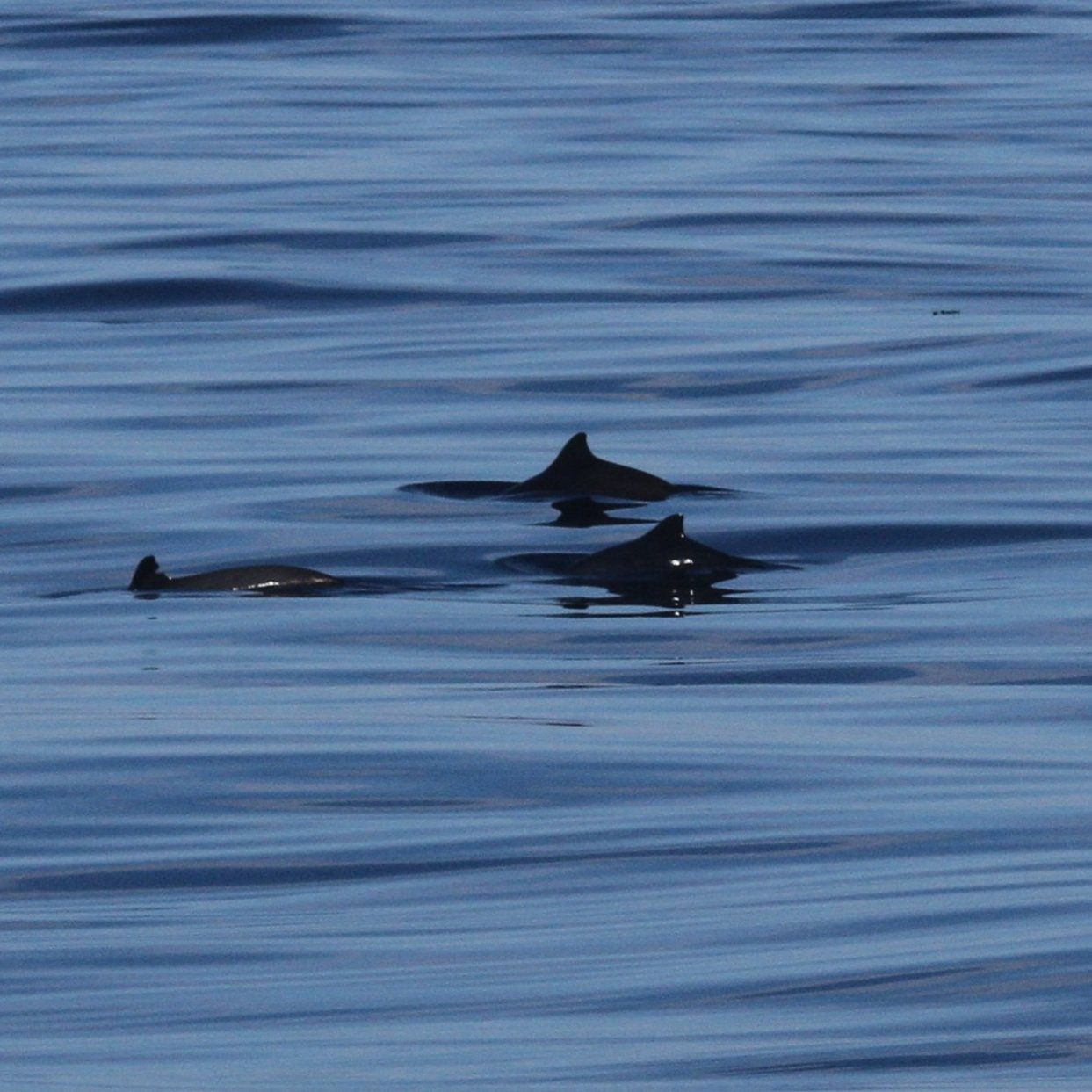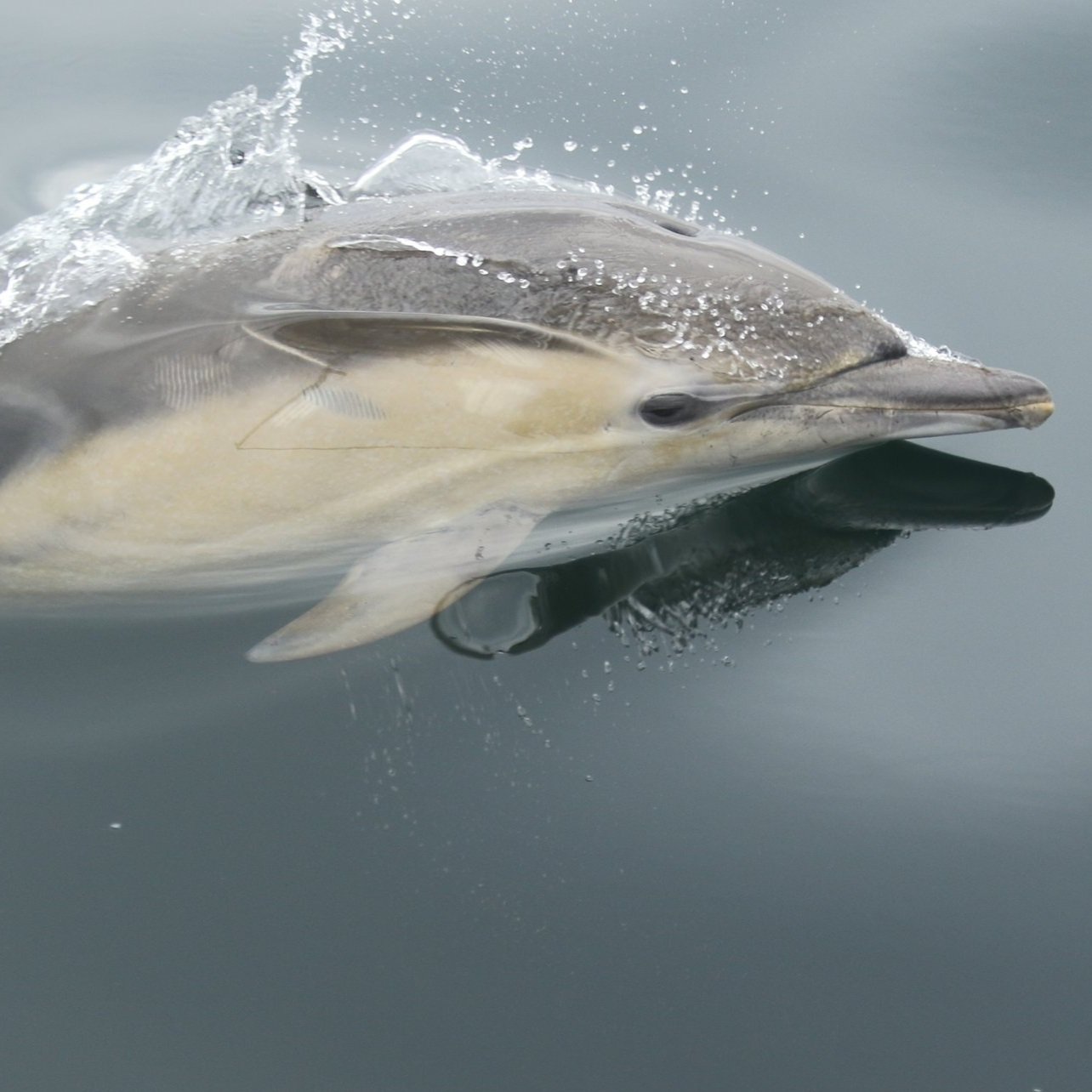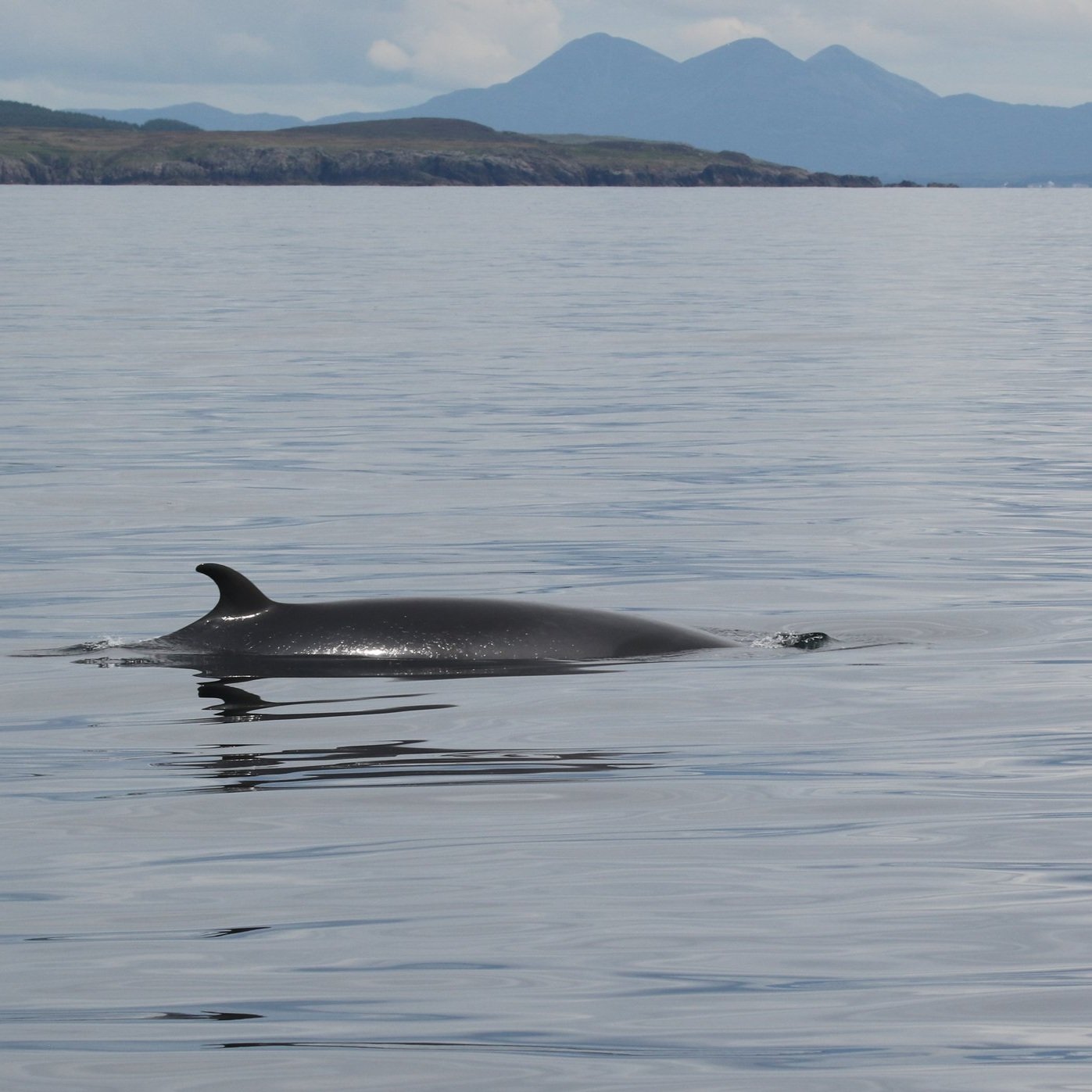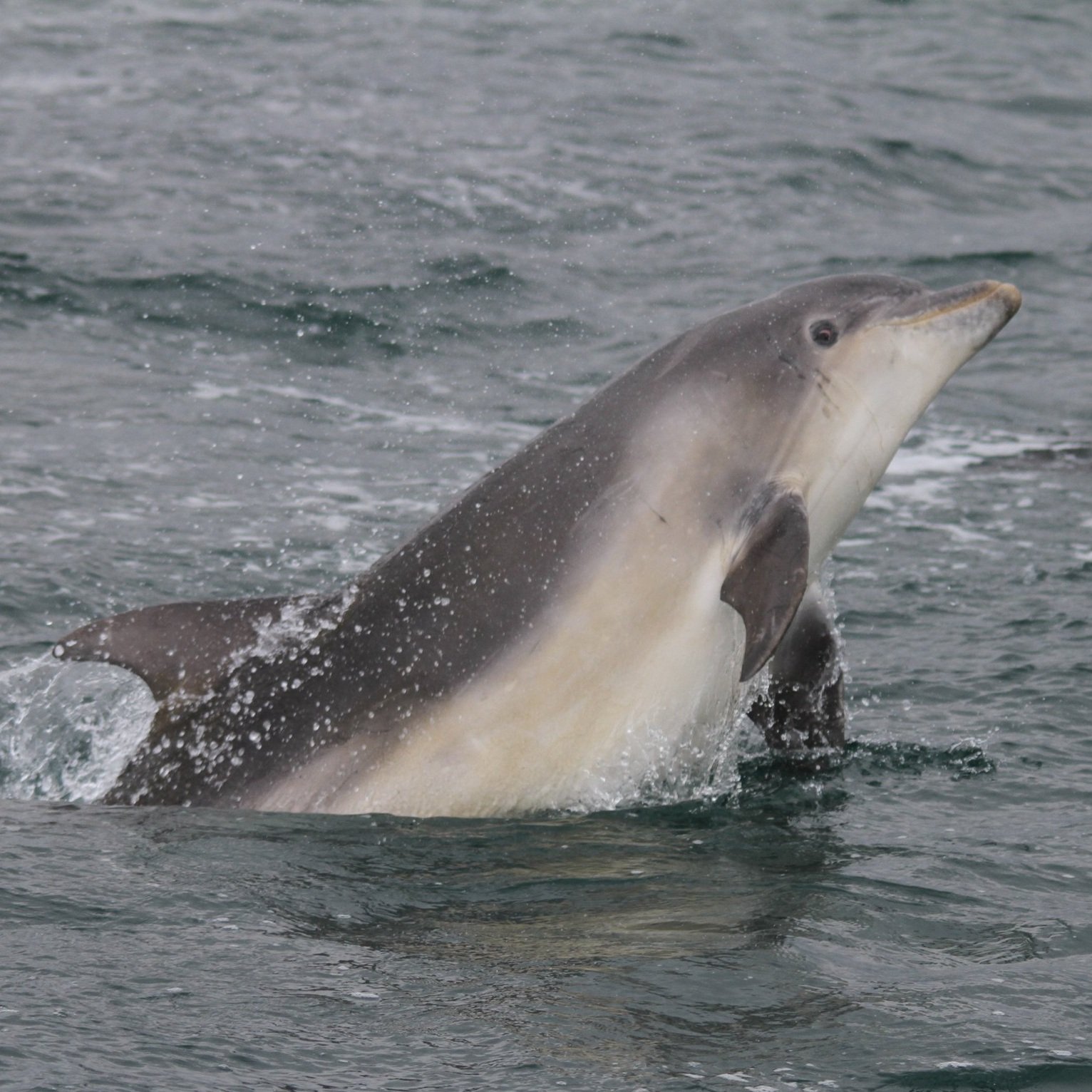A milestone for citizen science as over 10,000 sightings of whales, dolphins and porpoises are reported to marine conservation charity
Aquarius and John Coe were recorded in the Firth of Lorne in August 2023, photographed by Conor Ryan
2023 was a record-breaking year for marine conservation charity the Hebridean Whale and Dolphin Trust (HWDT) and their Whale Track community of citizen scientists. For the first time in the Trusts 30-year history, over 10,000 sightings of whales, dolphins, porpoises and basking sharks were reported by members of the public in one year.
Over 1,000 people, or citizen scientists, helped monitor Scotland’s seas by reporting what creatures they had spotted. The data submitted, either through the Whale Track app or whaletrack.hwdt.org, will be added to the vast database of sightings records, spanning the past three decades.
“This is an incredible achievement for citizen science in Scotland. Thanks to the Whale Track community the vital data required to better understand the species found in our waters has increased. As the data grows the understanding of whales, dolphins, porpoises, and basking sharks in Scottish seas deepens.”
The Mull-based charity also documented a high number of sightings for some of the largest whales recorded in Scottish seas. Reports of the second largest whale in the world – the fin whale - hit a record high in 2023 with 80 sightings recorded.
A fin whale which was reported in August by Theo De Clermont
In total 15 species were recorded in Scotland’s waters, totalling 73,693 individual animals, during 10,236 encounters reported through Whale Track. The most common species reported to HWDT in 2023 were harbour porpoise, common dolphin, minke whale and bottlenose dolphin.
Although a record breaking numbers of sighting reports were submitted last year, it is important to remember that this is raw data and further analysis is needed to establish whether this is reflective of an increase in animals. Another caveat is in 2023, the Whale Track app was rolled out across the country. Previously limited to the Hebrides, the app is now accessible by all around Scotland.
Species monitoring over the long term is key to reliably understand the state of our seas. Only long-term monitoring can help determine whether observations are an anomaly or if a trend is emerging. Data is the foundation of effective conservation strategies, and data gathered over the long-term is of great value.
Whale Track provides the means for anyone to get involved in vital data collection, helping to improve what we know about the species in our waters. For 30 years, HWDT has been encouraging members of the public to get involved and become citizen scientists. Over that time, the number of people reporting has grown significantly and technological advances have now made reporting much easier and more accessible.
The Whale Track app was launched in 2017 and now has a community of more than 5,000 users who have submitted an impressive 39,728 sightings over that time. The app allows people to record casually – if a whale or dolphin pops up – or more scientifically, by conducting a dedicated effort-based survey. Surveys can be undertaken at sea, if on the ferry or a boat, or on land – it’s simply a case of logging the time you have been watching and what you’ve spotted during that time.
The Whale Track app is free, user-friendly and makes reporting sightings easy and accessible
Photographs can also be uploaded via Whale Track, allowing HWDT researchers to undertake photo-identification analysis to identify the individual whale or dolphin. Photo-identification is a fundamental tool to study whales and dolphins at both an individual and population level. The Trust launched a digital minke whale catalogue in 2023, documenting over 300 individuals who have been recorded during the past 30 years off Scotland’s west coast.
The first confirmed record of the West Coast Community of killer whales off the Caithness coast was made in 2023. Confirmed using photo-identification, John Coe and Aquarius - the only members of this unique group reported in recent years - were spotted by dedicated citizen scientist, Colin Bird and reported through Whale Track.
Aquarius and John Coe off the coast from Wick, photographed by Karen Munro
It was also a record year for sightings reported of the basking shark – the second largest fish in the world. Sightings of this gentle giant topped 400, with a high number of basking sharks recorded in the Moray Firth.
For many, summer is the time to get out and watch for the abundance of marine wildlife that migrate into our seas each year, but winter is still an exciting and important time to have your eyes on the sea. In recent days, John Coe and Aquarius were spotted off the west coast and a rare Arctic visitor, a beluga whale, has been sighted off Shetland.
“To fully understand the state of our seas, we need to know what is happening throughout the year, so this winter I am urging everyone to get involved and record a watch from land on Whale Track. We’ve launched the #EmbraceYourWhaledSide campaign, to encourage everyone to submit a watch from land to Whale Track and tag us on social media to inspire others to do the same.”
HWDT are urging everyone to get involved and join the Whale Track community, reporting what they’ve spotted in Scottish seas.
Whale Track is supported by The Q Charitable Trust, Baillie Gifford, Heritage Lottery Fund and the Nature Restoration Fund, facilitated by the Scottish Marine Environmental Enhancement Fund, and managed by NatureScot..









